Heartstopper’s sophomore outing had a lot to live up to. After the first season blew expectations out of the water, the true measure of its success would come down to whether it could catch lightning in a bottle twice. It did.
This time around, characters who previously only padded the storyline in season one were brought center stage. Tao and Elle’s latent romantic feelings were finally explored, Tara and Darcy learned the importance of transparency, Imogen advocated for her self-worth, and even Ben became more than just a bad guy. And then there’s Issac (Tobie Donovan), who didn’t do much the first season save read. This time, he was given one of the most poignant storylines of the entire series, in my humble opinion.
Naturally an introvert, Isaac tends to orbit the perimeter of situations. He’d much rather cozy up with a book than another person, and he’s not too keen about speaking up. In the first season, the question of his sexuality is only vaguely explored, with a soft understanding that he is probably fluid. In the second season, however, his place in the LGBTQ+ community takes shape after he quickly realizes he doesn’t share the same lustful longing that his friends have for their romantic crushes.
Is Issac asexual?
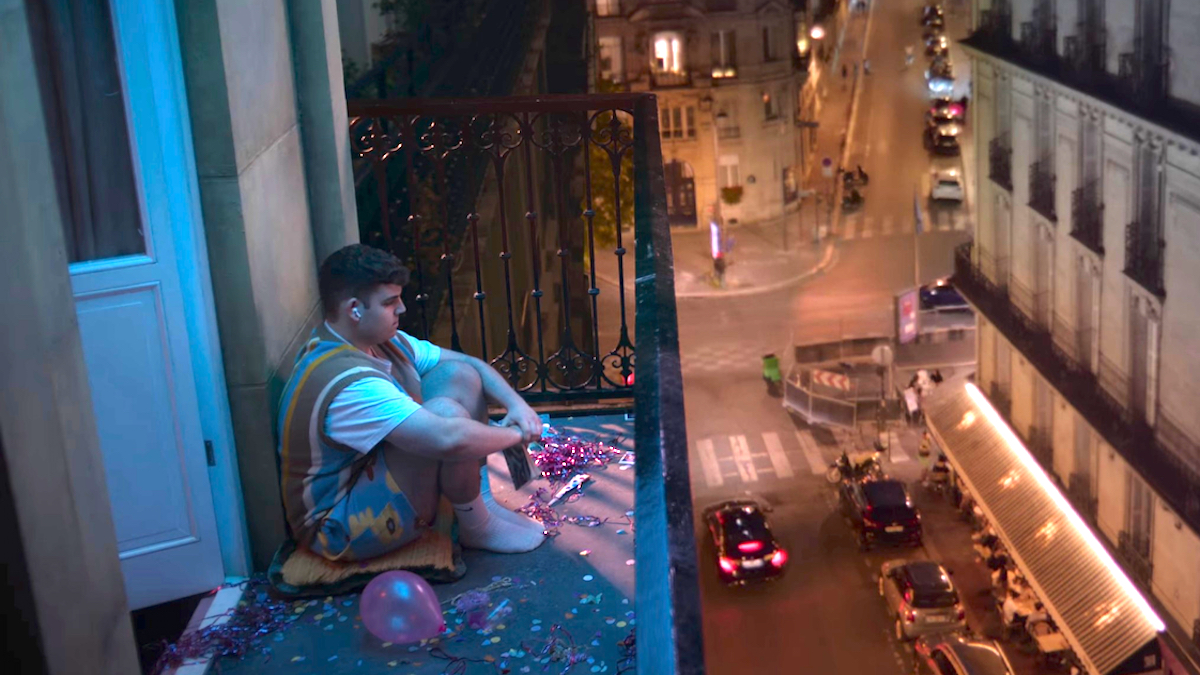
One of the beautiful things about Heartstopper is its devotion to sharing as many aspects of the LGBTQ+ experience as possible. Characters like Charlie are gay, while others like Nick are bisexual, Dary and Tara are lesbian, and Elle is transgender. Each teen comes to their own unique experience and understanding of their sexuality as it intersects with their ethnicity, gender, race, or all of the above.
Issac, on the other hand, takes LGBTQ+ representation even a step further. We see him flirt with James (Bradley Riches), the only other openly gay guy at school besides Charlie. Isaac shares with James a love of books, and a similarly expansive smile that takes up their whole face. They are adorable, and after James asks Isaac on a date, we hope our favorite bookworm will finally get his own love story amid a friend group filled to the brim with romance.
However, during their end-of-the-year school trip to Paris, we witness hesitancy in Isaac’s eyes at the prospect of going on dates with James. The two teenagers ultimately share a kiss in an empty hotel corridor and Isaac, instead of sharing the same butterflies Charlie explained he felt with Nick, clams up and runs away.
Only later, after he attends a local queer show and strikes up a conversation with an artist, is Isaac given a name to describe his feelings: asexuality. As the artist explains his own aromanticism (a lack of romantic or sexual attraction to others), Isaac begins to reconcile his experiences with this new discovery about himself.
Asexuality can feel profoundly isolating when the world we live in is obsessed with romantic love. As Isaac is learning, being asexual doesn’t mean you can’t have a crush on another person, or that you can’t fall in love. Often, asexual people seek emotional connections over physical ones, but that, too, varies from person to person. Like being bisexual, lesbian, or gay, asexuality is a sexual orientation, but it’s often underrepresented in media.
Isaac’s asexuality, and Alice Oseman’s respect for conveying it authentically, pave the way for more thoughtful stories about LGBTQ+ people to exist in mainstream media. Her commitment to writing characters who accurately represent the immense diversity of experience within the LGBTQ+ community is just another reason why Heartstopper is so important for queer teens.
For more information on asexuality, you can visit The Trevor Project.

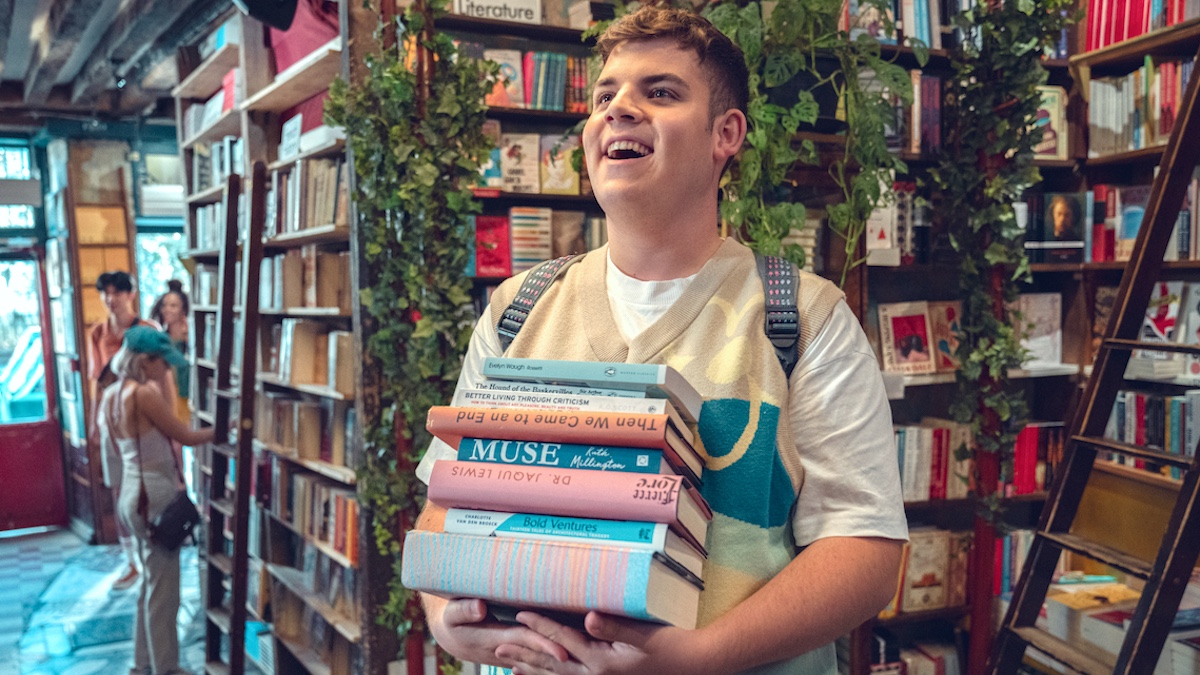
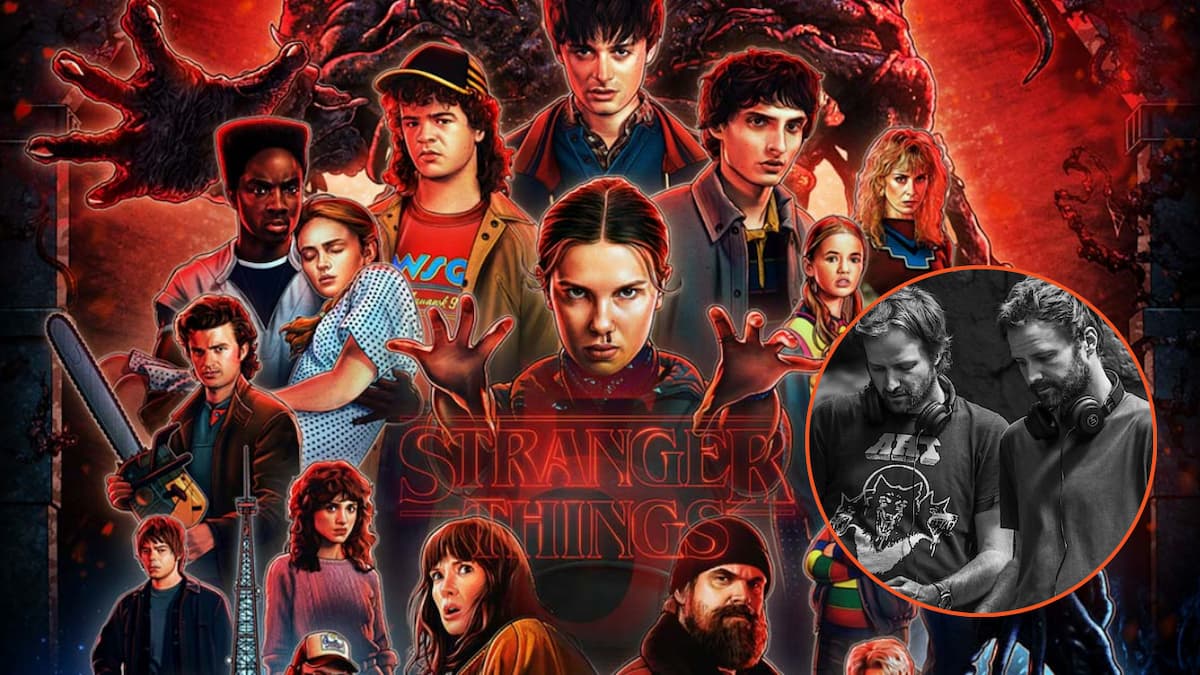
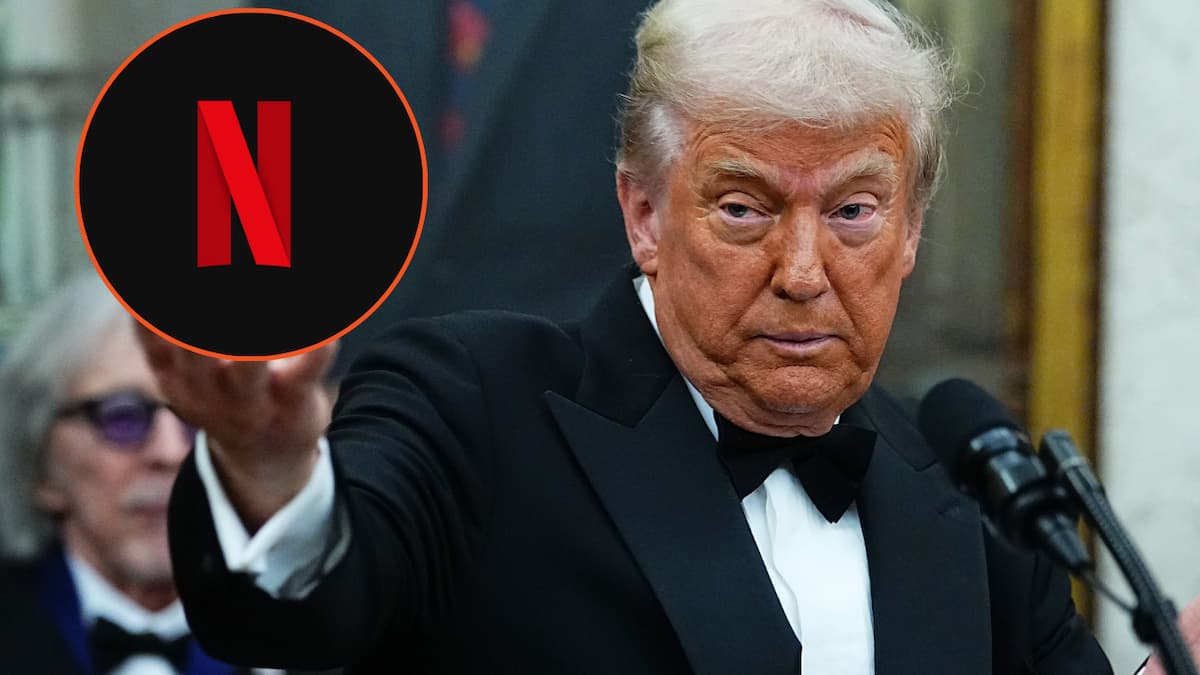
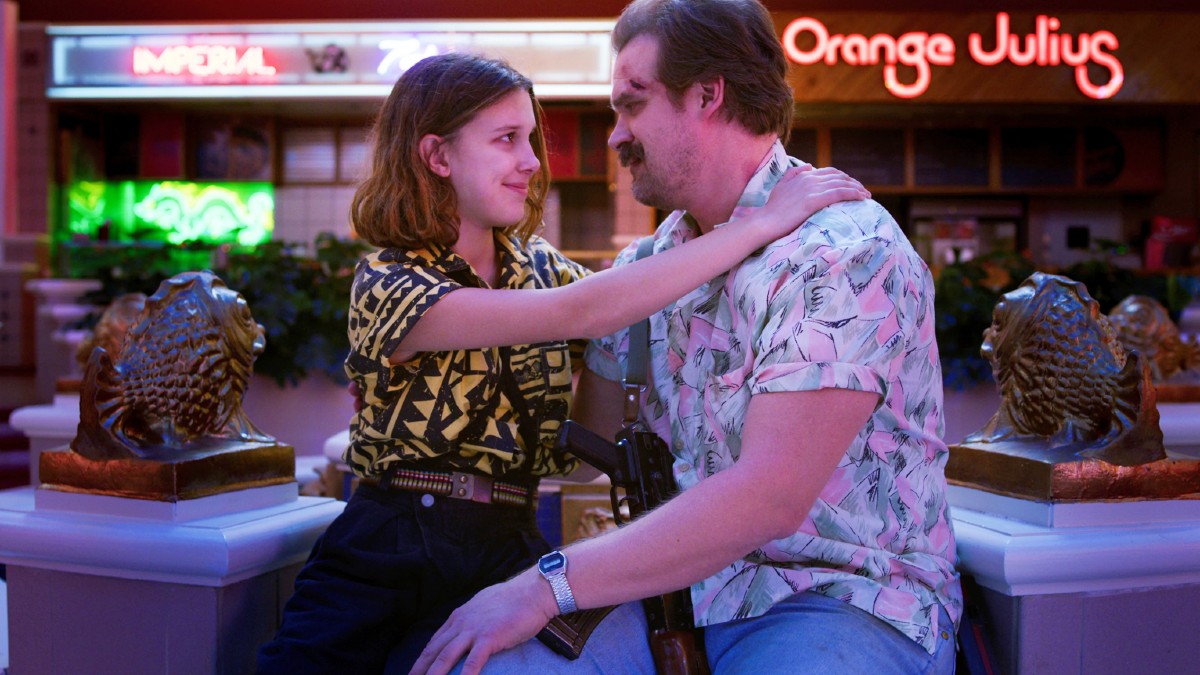
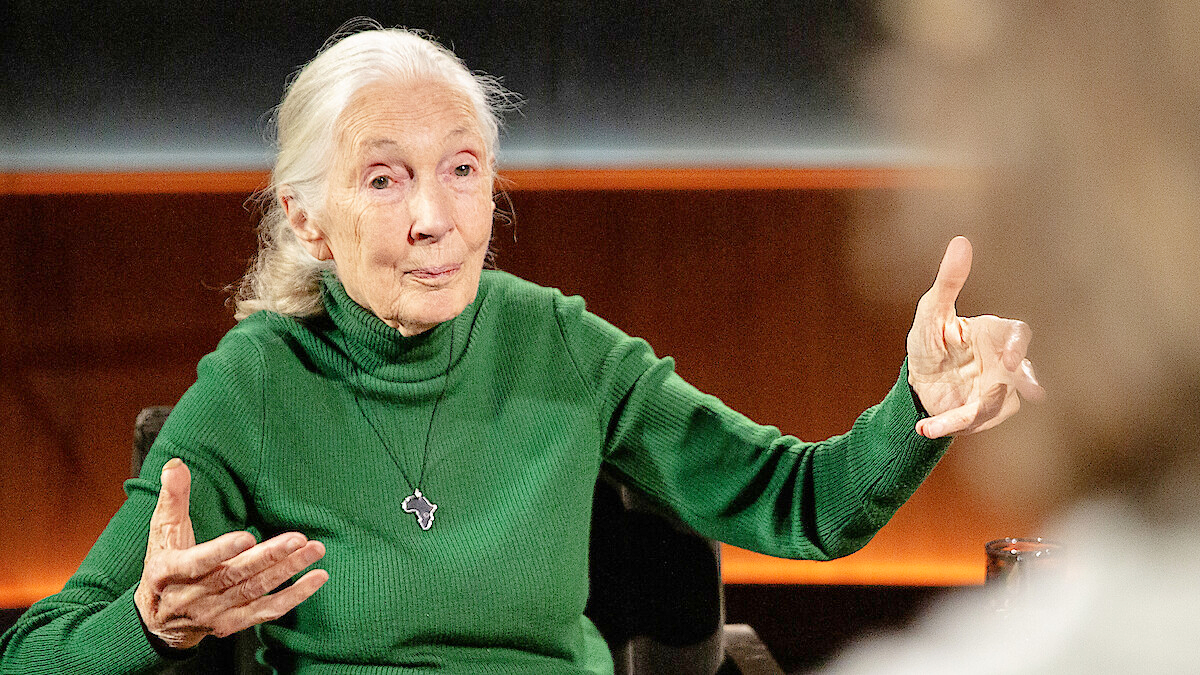

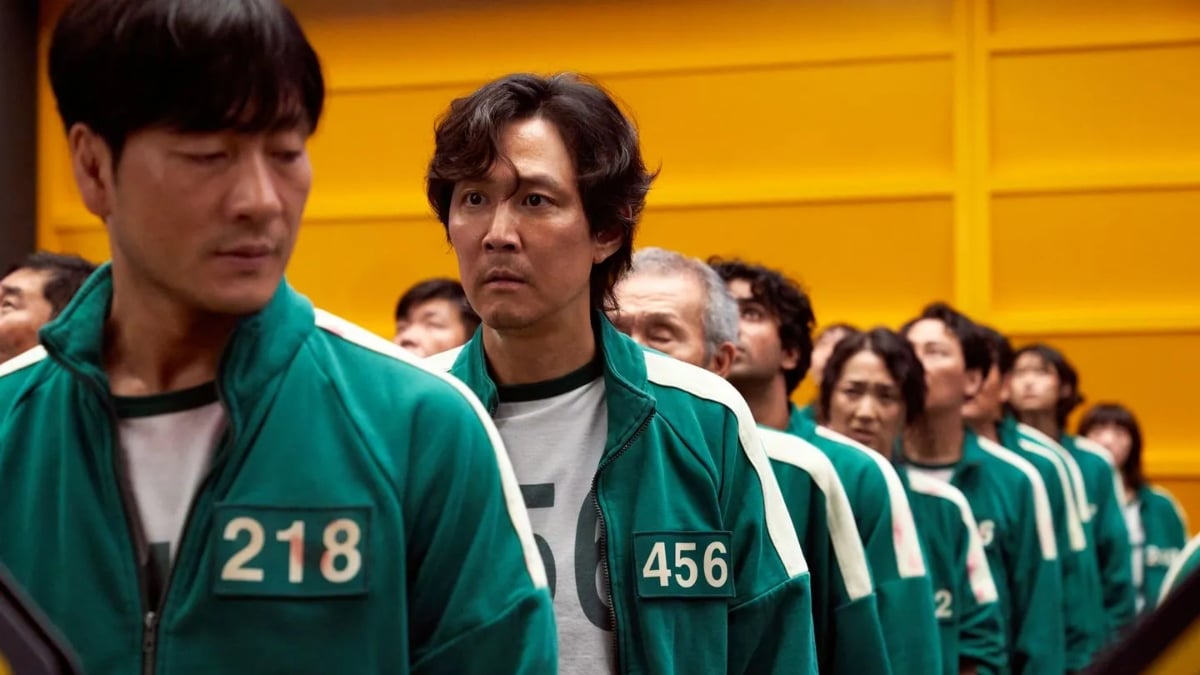

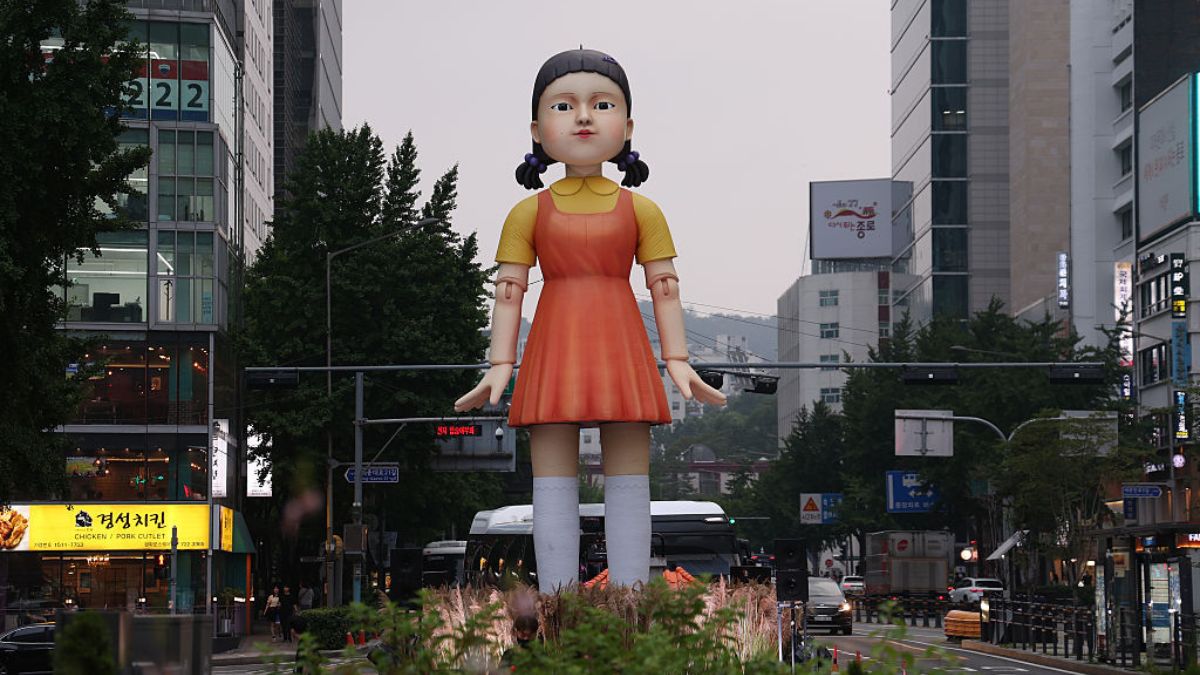

Published: Aug 4, 2023 12:50 pm